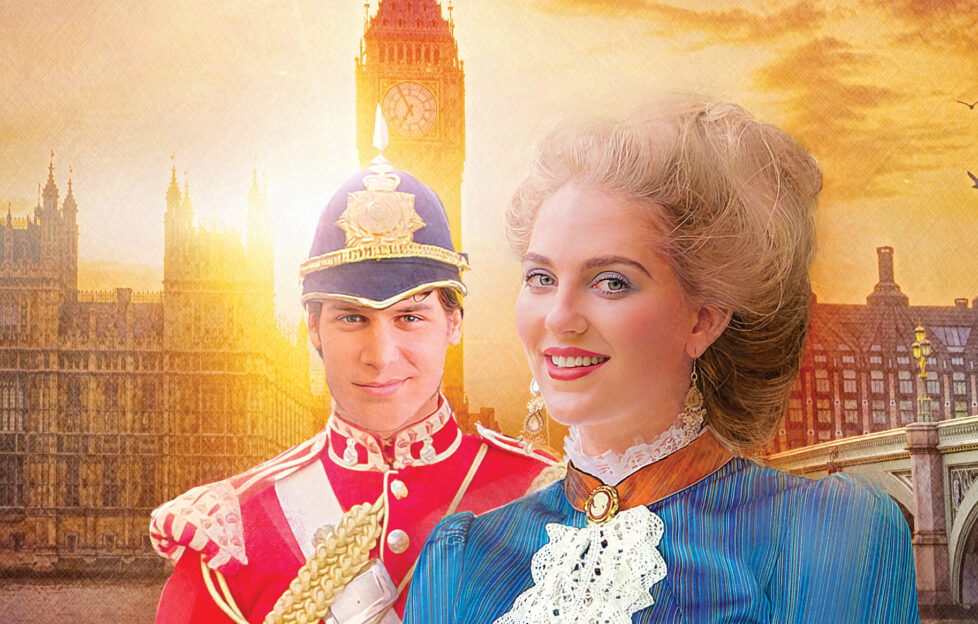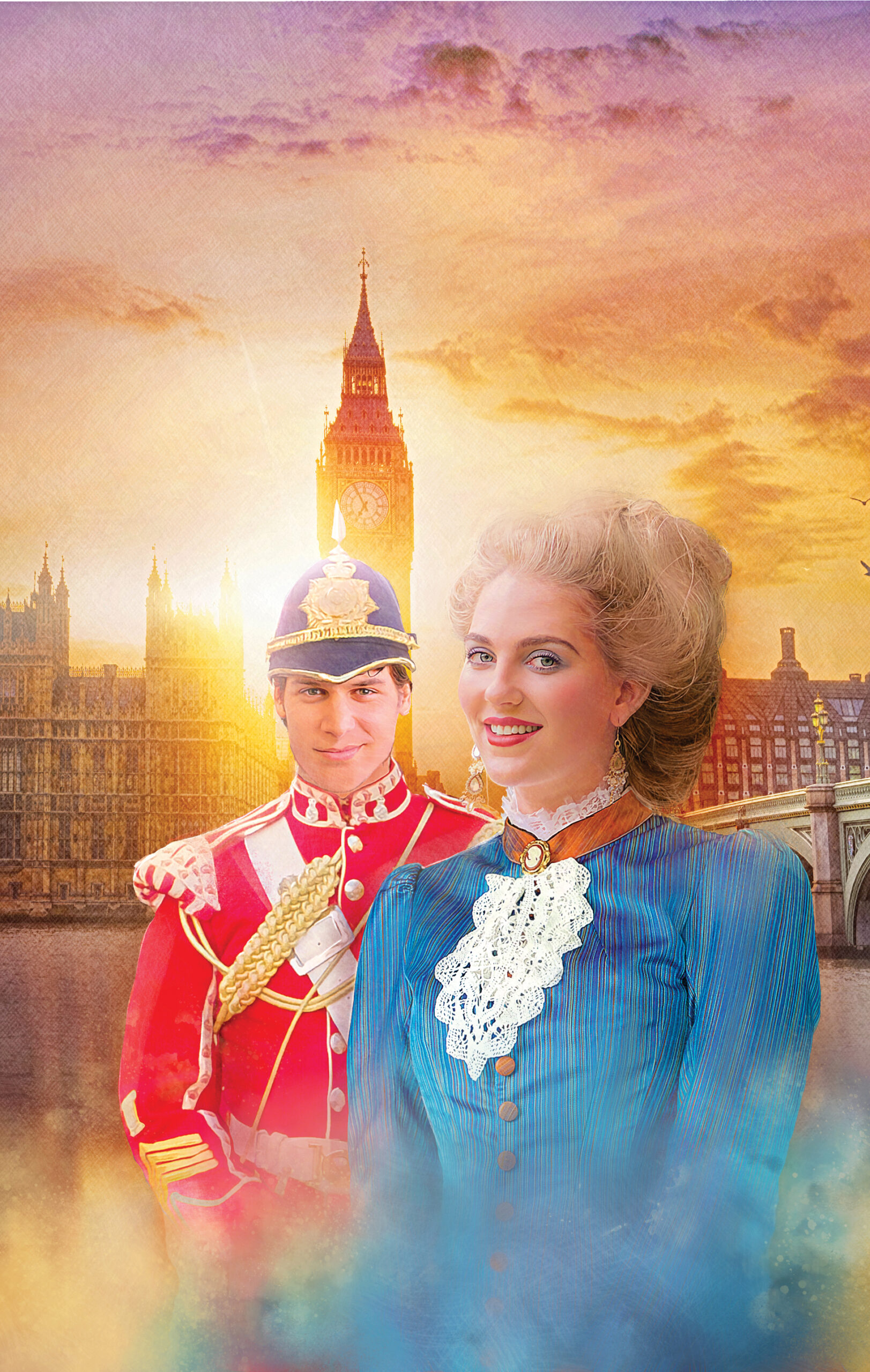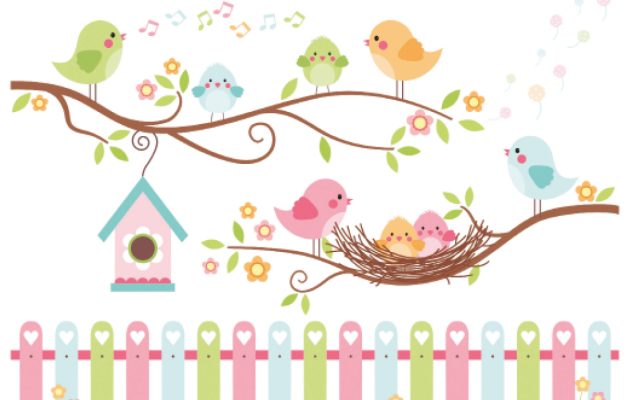The Schoolmaster’s Daughter — Episode 11

The Schoolmaster's Daughter by Suzan Lindsay Randle
« Previous Post- 8. The Schoolmaster’s Daughter — Episode 08
- 9. The Schoolmaster’s Daughter — Episode 09
- 10. The Schoolmaster’s Daughter — Episode 10
- 11. The Schoolmaster’s Daughter — Episode 11
- 12. The Schoolmaster’s Daughter — Episode 12
SOON it was Easter week and Louisa was caught up in the activity at the church.
Neither of George’s younger brothers came to church. They sounded a bit of a handful but they did at least go to school, presumably one of the board schools. She knew they wouldn’t be able to afford places at the grammar school.
She looked out for George at every church service. Though she caught a glimpse of him once or twice, he didn’t look at her.
As it would be some time before Knibb’s Bakery was back in business, the Marchingtons had begun buying their bread from one of the other bakers in the town.
“I hear the horrid man with the bags of flour is working there now,” Edith remarked as they arranged flowers in the drawing-room.
“Samuel Cronk?” Louisa paused, daffodils in hand. Then she shrugged. “He’s one of those men who moves from place to place, finding work where they can. I expect business is booming for the other bakeries while Knibb’s is being repaired.”
“Did the police ever find out who started the fire? Maybe it was a competitor who wanted to close them down.”
“They decided it was an accident.”
“Has your young man found another position yet?”
Louisa sighed in exasperation.
“I don’t have a young man.”
Edith snorted with laughter.
“You know who I mean. Our former house guest. The handsome hero who saved the horse from the inferno.”
Louisa forced the flowers into a vase.
“To the best of my knowledge, George Jevcott has not yet secured a new position. Now, let’s stop gossiping and finish these before Papa comes home.”
Edward had gone to the railway station to meet the new schoolmaster who was to be their next house guest. Matilda had already made up the room for him.
Louisa felt a pang at the thought that someone else would be sleeping in the bed where George had lain. She could still recall the warmth of his back beneath her hand and the thrilling way it had made her feel.
If only she’d had more time to get to know him before Aunt Charlotte had sent him packing. Several times she’d come close to asking Mrs Townsend if she could go with her the next time she’d be calling on the Jevcott family, but each time her nerve had failed her.
Mrs Townsend had mentioned that George was looking for a position with bakeries in the neighbouring towns but had so far been unsuccessful. No-one wanted to take on a nineteen-year-old apprentice.
He was going to have to take whatever work he could get, wherever that might be.
Hearing voices in the hallway, Louisa glanced around the drawing-room to check that it was presentable. Then she stepped out to greet their guest.
As Edward introduced them, Stephen Allsop gave a stiff bow.
“Pleased to meet you, Miss Marchington.”
The new schoolmaster was dressed in a plain black coat and high-crowned hat that made him look older than his twenty-five years. Without his hat, he was not much taller than Louisa.
He had auburn side-whiskers, a neatly trimmed moustache and piercing green eyes that didn’t quite meet hers. His brown valise stood on the tiled floor.
“Welcome to our home,” she said. At dinner conversation turned to the Queen’s Golden Jubilee.
“There’s to be a grand parade,” Edith told Stephen, “with a fair and fireworks in the evening.”
Edward smiled at Edith’s enthusiasm. “lndeed, it should be a good day. We’re also inviting subscriptions to provide a meal for the schoolchildren and the aged poor.
“At last week’s committee meeting we decided on a menu of beef, potatoes, bread and plum pudding. There’ll be ale, too.”
Stephen nodded in approval as he spooned oxtail soup into his mouth.
Aunt Charlotte, sitting to his left, frowned.
“You will need generous benefactors with the way that prices have been rising, especially for bread. The other bakers have not been slow to exploit the loss of one of their competitors.
“With beef it’s nothing short of a scandal. The shopkeepers buy the meat cheaply from the farmers and sell it on at a high price to make excessive profits.” Her brother sighed.
“I agree. I’ve seen the effects on our poorest pupils, the scholarship boys.” Charlotte snorted.
“Then perhaps you need to have a word with the tradesmen whose sons are some of your wealthiest pupils.”
“Forgive me for saying so, Papa,” Louisa interjected, “but surely some of their profits pay for the school fees.”
“You’re quite right,” Edward agreed, “which means that we also profit from the prices they charge. Believe me, it’s a situation that troubles me greatly.
“While the Jubilee dinner will be a chance to give those less fortunate one decent meal, it’s not a permanent solution.”
“There is a growing movement,” Stephen ventured, “in some parts of the country, in which communities set up their own shops and give the profits back to their customers.”
“Really?” Edward sat back thoughtfully as Matilda served the next course. “Tell me more.”
Louisa didn’t know whether to be worried or pleased. She’d seen that light in her father’s eyes before.














